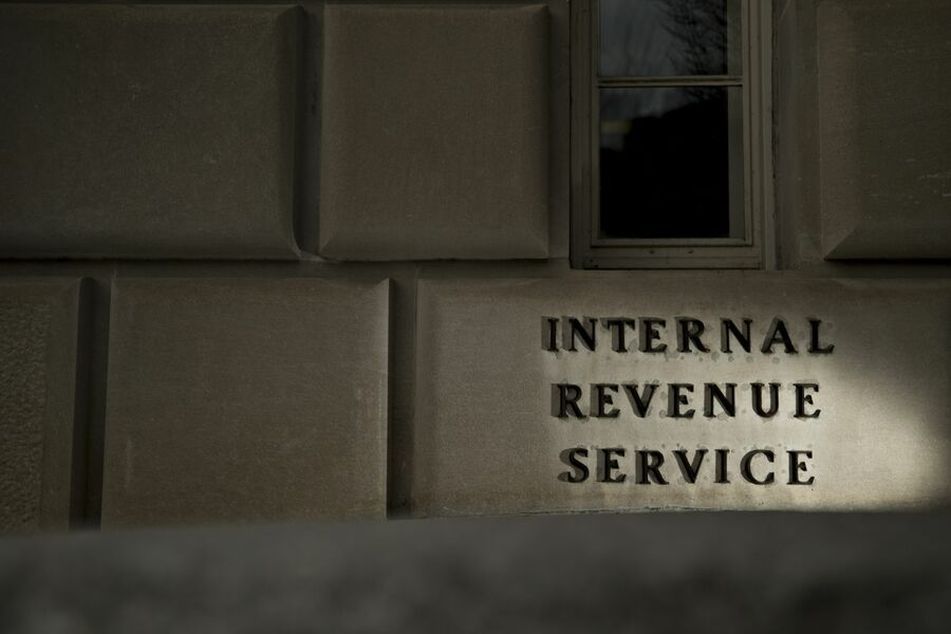IRS gives more clarity on how to report digital assets

In the 2022 tax form draft instructions, the agency explicitly says that digital assets include NFTs and virtual currencies.
The IRS has given U.S. cryptocurrency holders a bit more clarity about how to report digital assets on their 1040 income tax forms, a likely precursor to regulatory guidance.
In 2022 tax form draft instructions released late Monday, the Internal Revenue Service expanded how taxpayers should list their crypto transactions, including switching the verbiage from “virtual currency” to “digital assets.”
“They’re being a little more attuned to the terminology of the industry and being more inclusive of potential crypto transactions,” said Adnan Islam, tax partner with Marcum LLP.
The additional clarity is welcome, tax professionals said, but getting guidance is still their No. 1 ask.
In August, the IRS expanded the crypto question on the 1040 tax form to specify that taxpayers should report if they had received crypto as a “reward, award or compensation.”
The latest instructions change “virtual currency” to digital assets,” a nod to the definition in Section 6045 as amended in the 2021 infrastructure bill that expanded cryptocurrency reporting requirements. That change addresses ambiguity about whether a nonfungible token, or NFT, is considered virtual currency. In the updated form, the agency explicitly says, digital assets include NFTs and virtual currencies.
The change in terminology is a good sign the agency is preparing more guidance, said Miles Fuller, head of government solutions at TaxBit and former senior counsel with the Office of Chief Counsel at the IRS.
“The IRS is ramping up by coalescing their terminology around this digital asset term that was in the statute,” he said. “So, it means that it’s more likely than not in the near future, we’re gonna see those regs come out and the IRS continuing to move forward with sort of implementation of a regulatory regime. Probably sooner rather than later.”
While there is no penalty for not checking “yes” on the 1040 form, a taxpayer who underreports their income could be subject to penalties and interest on the non-reported crypto income. The elaborated forms help taxpayers get clarity to prevent that, tax professionals said.
Financial interest is further defined in the updated instruction form draft, another area where the industry was seeking guidance. “Financial interests,” it says, are present “if you are the owner of record of a digital asset, or have an ownership stake in an account that holds one or more digital assets, including the rights and obligations to acquire a financial interest, or you own a wallet that holds digital assets.”
“They’ve never really defined what that meant,” Fuller said.
The definition of financial interest is what tax professionals expected, said Kevin Ainsworth, a partner at BDO. Ainsworth said he would like to see more specific examples, so taxpayers know whether to check the box on the form.
The form draft elaborates that if a taxpayer received digital assets as a “result of mining, staking and similar activities,” they should check the “yes” box on the form. The “similar activities” might include decentralized finance activities, or DeFi, such as liquidity pools, said Lisa Zarlenga, a partner at Steptoe & Johnson LLP and a former Treasury tax legislative counsel.
In a tax dispute, instruction forms are not binding guidance, so taxpayers may not be able to rely on it, she noted.
“When you think about it, as a practical matter, most everyday taxpayers rely on the instructions when they’re filling out their tax forms,” Zarlenga said. “And so it seems kind of unfair that if they relied on something that these instructions said, and the IRS then challenged it, they wouldn’t be able to point to this in court and say this is something that I relied on.”
The digital asset question on the 1040 form “doesn’t have anything to do with substantive tax,” and it is more disclosure-based, Fuller said, so it could potentially be used as a “kind of defense” to an argument.
Guidance or law — particularly in the areas of staking and mining, and in the treatment of NFTs — are what industry professionals say they want the most.
Trying to make sense of the instructions and changes to the forms is “like reading the tea leaves,” said Zarlenga. She said she would prefer guidance.
‘IN the Office’ with annuity expert Tamiko Toland
Learn more about reprints and licensing for this article.








